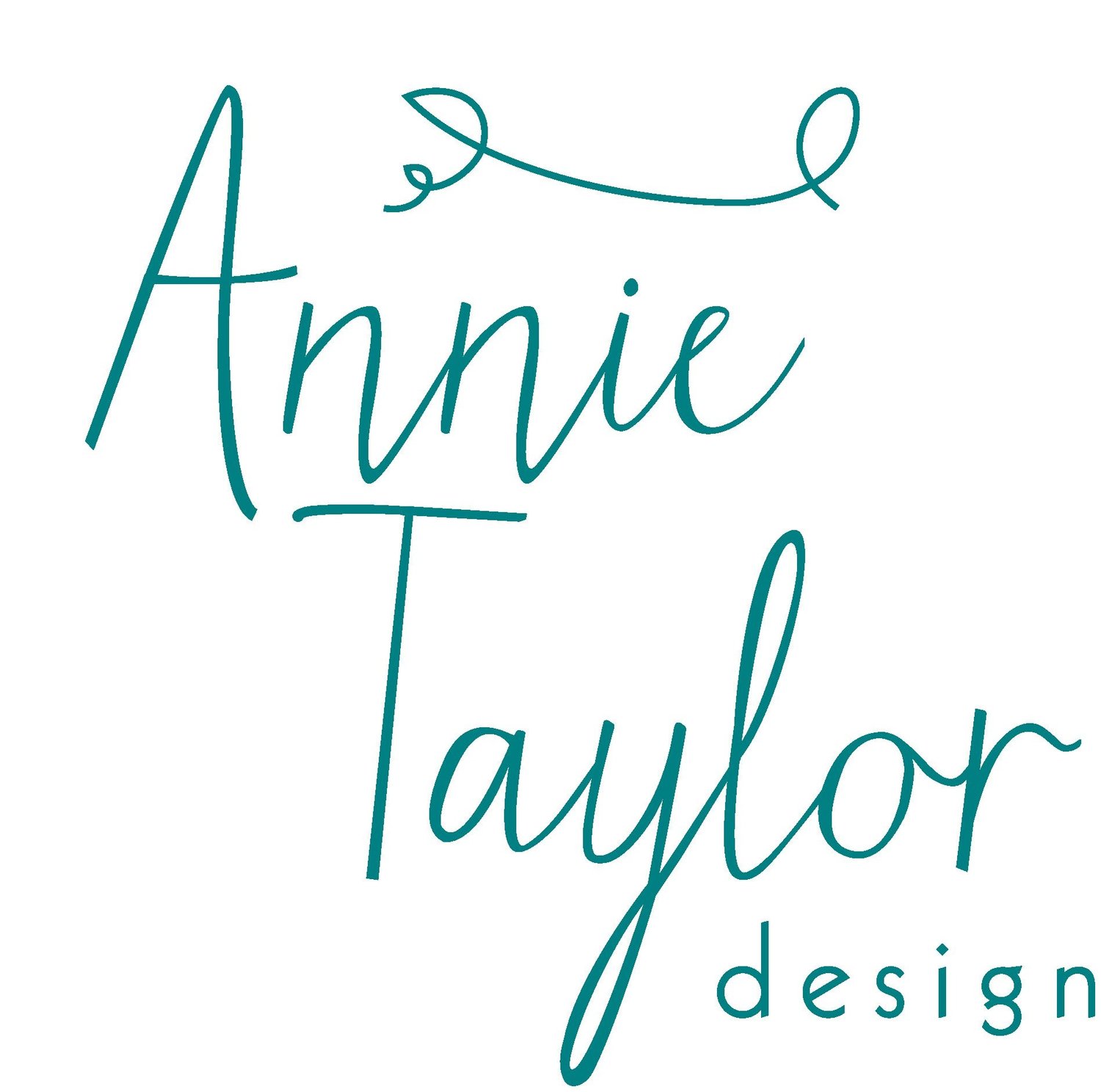October Focus: Raising Awareness for Dyslexia and ADHD
October is a month that I always look forward to. The changing leaves and the crispness in the air signal the arrival of fall, but there's something even more meaningful about this time of year—it’s Dyslexia and ADHD Awareness Month. This month, I’m focusing on raising awareness and educating our community about these two important topics, because understanding leads to empathy, and empathy leads to support. These causes are especially close to my heart because I have a personal connection with both Dyslexia and ADHD.
With the new school year in full swing, it feels like the perfect time to highlight the importance of Dyslexia and ADHD. These are conditions that touch the lives of so many people, and I believe that the more we know, the better we can support each other. What I’m sharing today is just the beginning—a small step towards raising awareness. I hope that by starting this conversation, you’ll feel encouraged to learn more and, in turn, cultivate greater empathy for those living with Dyslexia and ADHD.
Dyslexia is a learning disability that affects about 1 in 10 people, and yet, many don’t even realize they have it. It’s crucial to understand that Dyslexia is not tied to intelligence. In fact, some of the most brilliant minds in history have had Dyslexia, which just goes to show that this condition doesn’t limit potential.
Here are a few interesting facts about Dyslexia that I find particularly important:
Strong Thinking Skills: People with Dyslexia often have exceptional thinking skills, especially in creative and strategic areas.
Enhanced Verbal Vocabulary: Many with Dyslexia possess a more extensive verbal vocabulary than those without it, which is a unique strength.
Family Connections: Dyslexia can run in families, which means awareness and support within the family are key.
Excellent Comprehension: Despite challenges with reading, individuals with Dyslexia often have a remarkable ability to understand stories that are read or told to them.
I’ve designed a special t-shirt this month featuring well-known individuals with Dyslexia, as a way to celebrate their achievements and raise awareness. Wearing this shirt is not just about fashion—it’s about spreading positivity and starting important conversations.
ADHD, or Attention-Deficit/Hyperactivity Disorder, is another condition that deeply affects daily life. It’s not just about being easily distracted or overly energetic—ADHD is a complex condition that can influence various aspects of a person’s life, from childhood through adulthood. My personal connection to ADHD makes this topic especially important to me.
Here are some key facts about ADHD that I think are important to share:
Average Age of Diagnosis: ADHD is usually diagnosed around age 7, but it can be identified at any age, which is important to remember.
Lifespan Considerations: ADHD doesn’t just disappear after childhood. In fact, 30-60% of individuals continue to experience symptoms into adulthood.
Misconceptions and Misdiagnosis: There’s a common misconception that ADHD is overdiagnosed, but many cases actually go undiagnosed, meaning people may not get the support they need.
Confusion with Other Conditions: ADHD symptoms can sometimes be mistaken for other conditions, like anxiety, which is why getting a proper evaluation from a qualified professional is so essential.
There are plenty of resources out there to help those with ADHD thrive, from educational tools to community support groups. ADHD doesn’t have to be a negative thing—in fact, many remarkable individuals with ADHD have achieved great things. I’ve also created an ADHD-themed t-shirt that features some of these inspiring figures, as a way to celebrate their contributions and raise awareness.
Raising awareness about Dyslexia and ADHD is something I’m passionate about because I believe in the power of understanding. My personal connection to both of these conditions has shown me firsthand the importance of support and empathy. By dispelling the myths and misconceptions surrounding these conditions, we can create a more supportive and positive community. I encourage you to learn more, whether it’s for yourself, a loved one, or simply to be more informed.
Thank you for joining me on this journey of awareness and compassion. Let’s continue to learn, support, and uplift one another as we work to spread positivity throughout our community.
And thanks for reading, friends.
Annie xo



